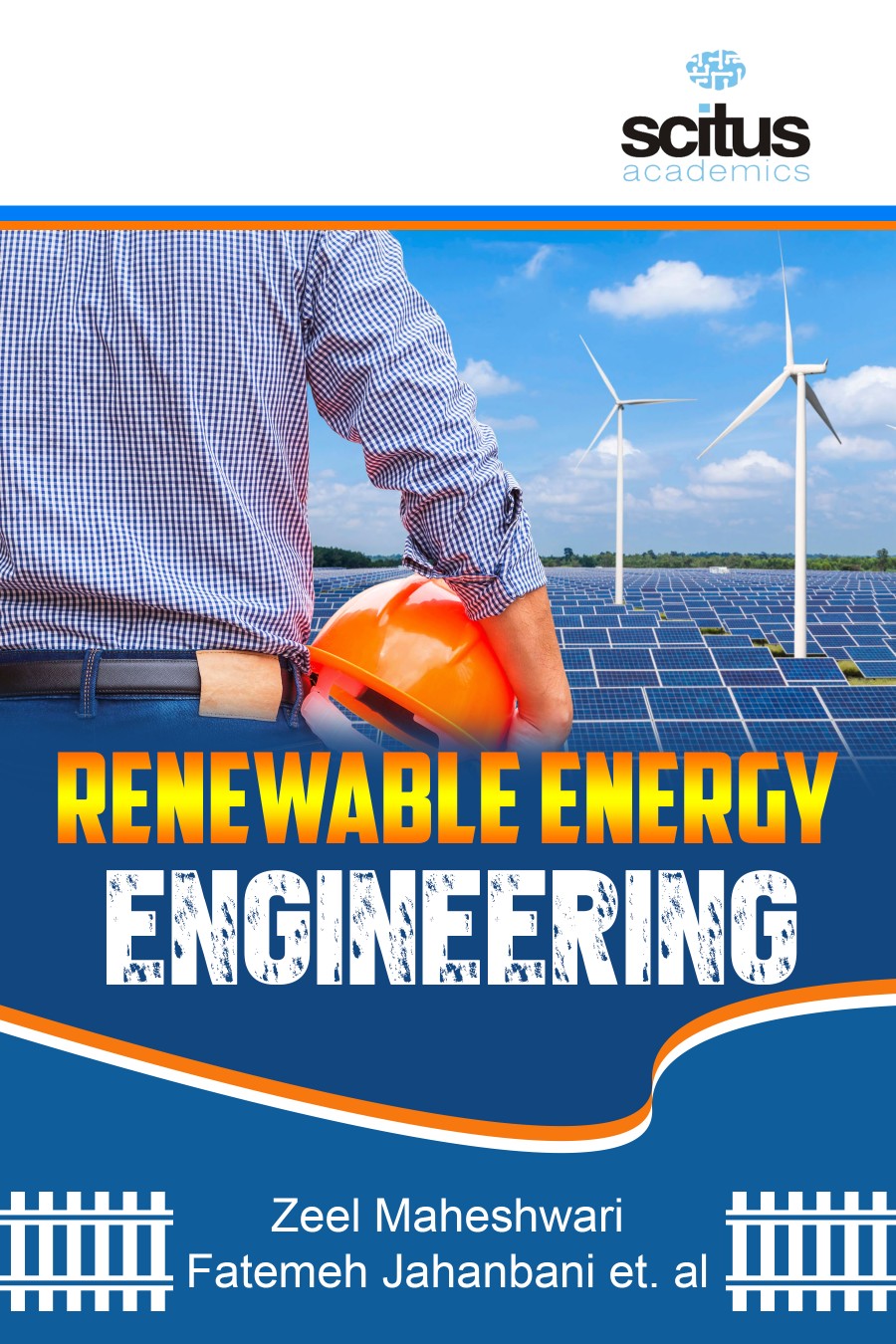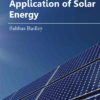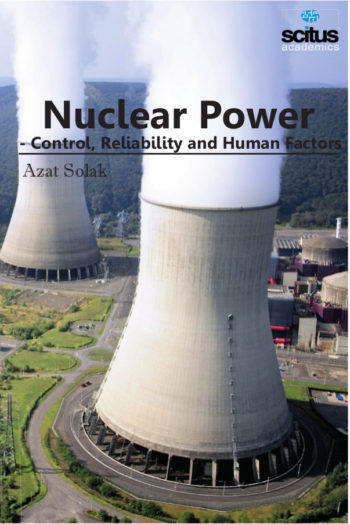The global demand for renewable energy in recent decades has continued to increase, despite adverse economic conditions such as world economic recessions, trade disputes, and falls in gas and oil prices. During this period, the United States and Europe have led the development of renewable energy technologies, but now emerging countries such as China, Brazil, India, and the Republic of Korea are also been actively participating in developing and deploying renewable energy. The different availability of renewables has allowed various countries to adopt the most appropriate type of renewable energy technology according to their energy source abundance.
Renewable Energy Engineering is intended to present up-to-date information on the various topics and technologies of renewable energy systems and components. The vision of producing clean, sustainable power from renewable energy sources is becoming a significant subject, inspired by recent technological developments that have enhanced the cost-effectiveness of many renewables and by the mounting concern for the environmental impact and sustainability of conventional fossil and nuclear fuels. This book provides a comprehensive overview of the principal renewable energy sources with a wide range of real world studies for each source, illustrating the essential physical and technological principles, and analyses the environmental impact of renewable sources and their future scenario. Other related topics provided that such topics are within the context of the broader multi-disciplinary scope of Renewable Energy.
The book aims to serve researchers, engineers, economists, manufacturers, NGOs, associations and societies to help them keep abreast of new developments in their specialist fields and to apply alternative energy solutions to current practices. The book will also strongly appeal to students and those readers who wish to improve their understanding of this complex, enthralling and increasingly important subject.













